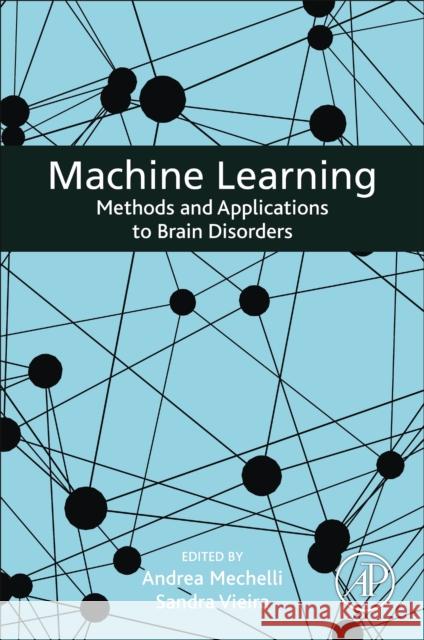Machine Learning: Methods and Applications to Brain Disorders » książka
topmenu
Machine Learning: Methods and Applications to Brain Disorders
ISBN-13: 9780128157398 / Angielski / Miękka / 2019 / 408 str.
Kategorie:
Kategorie BISAC:
Wydawca:
Academic Press
Język:
Angielski
ISBN-13:
9780128157398
Rok wydania:
2019
Ilość stron:
408
Waga:
0.63 kg
Wymiary:
22.61 x 15.24 x 2.29
Oprawa:
Miękka
Wolumenów:
01











